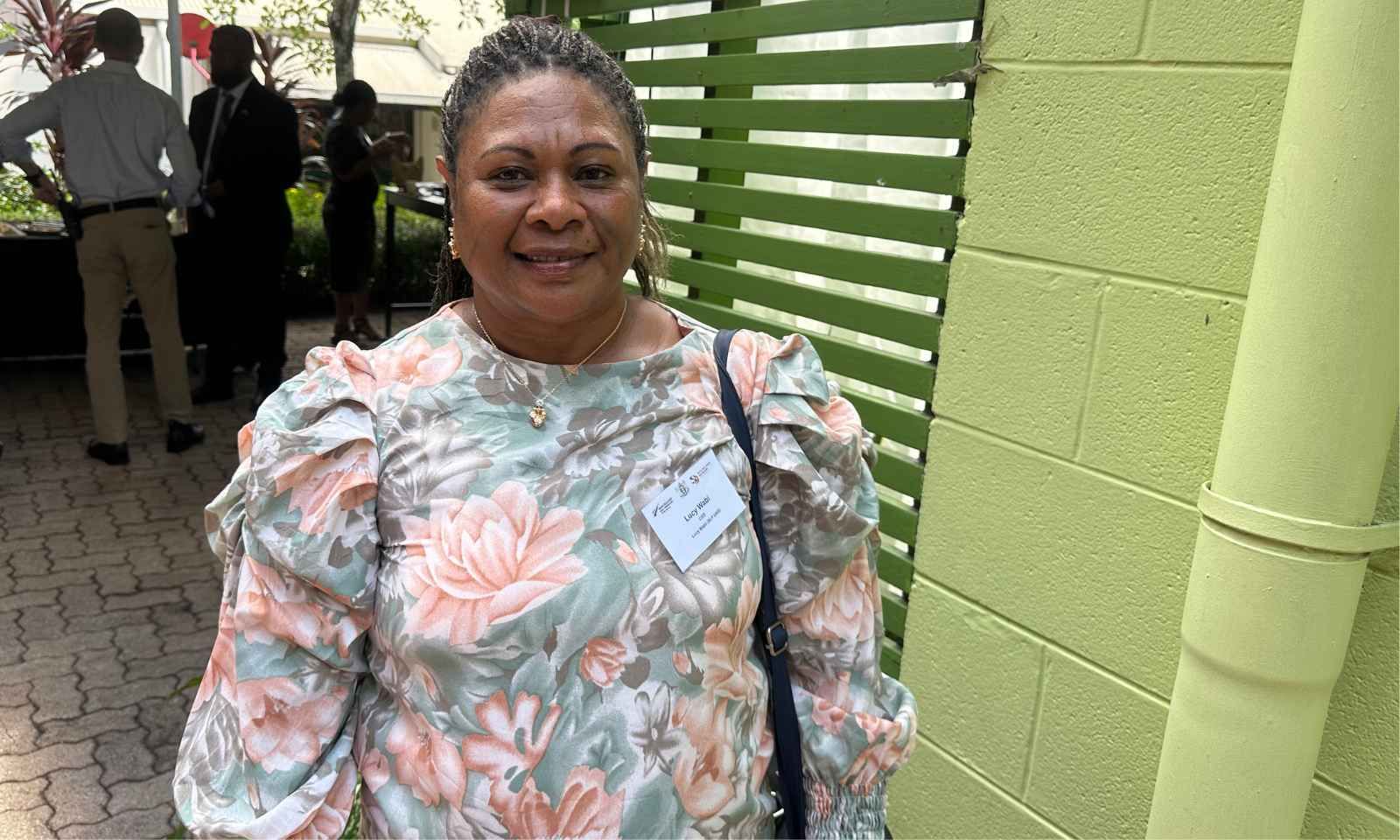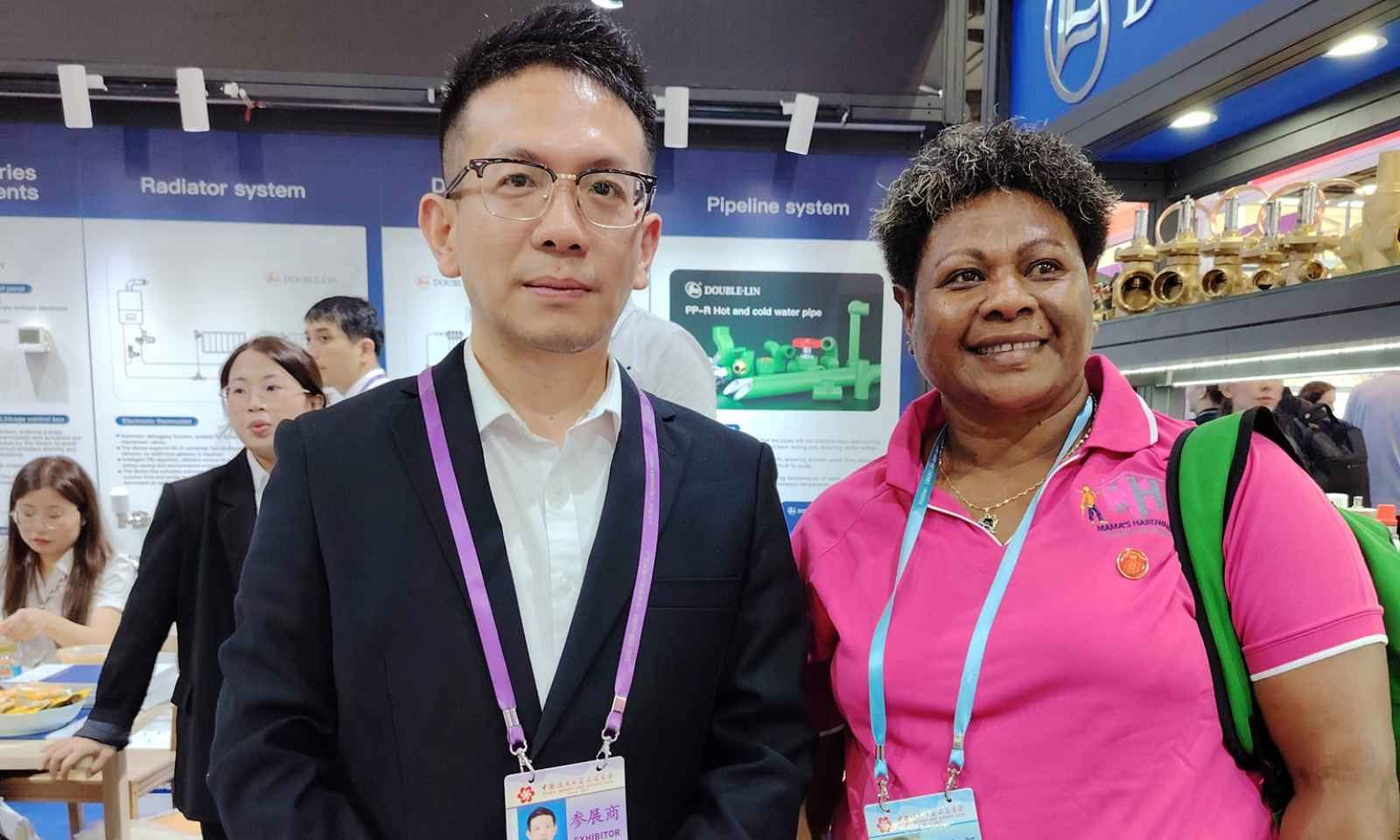

Lucy Wabi is the owner of Mama's Hardware in Papua New Guinea.
Photo/Supplied
PNG woman builds multi-million-kina hardware business
Lucy Wabi is breaking barriers in a male-dominated industry, but she says a lack of warehouse space is limiting her ability to meet growing demand.

‘Words have power’: Pacific tolerance for on-air slurs hits record low



After 26 years in the building industry, Lucy Wabi took a bold step to start her own hardware business in Papua New Guinea.
Today, she runs a multi-million-kina (NZ$400,000) company in a male-dominated hardware industry.
“Seeing customers, especially women, coming in the building industry, I thought of getting out and doing my own business, like a hardware business, so I can be able to fulfil their needs at once, like in building, construction, and all these things,” Wabi says.
But she faces a major challenge: she lacks a warehouse or land to build a larger facility that can meet the needs of the population.
Although there are no precise statistics on businesswomen in Papua New Guinea, a World Bank report states that only 15 per cent of businesses in PNG are women-owned.
Wabi’s shop now supplies entrepreneurs across the country, including brick makers, furniture builders, and women launching construction projects.

Lucy Wabi has over 20 years of experience in the building industry. Photo/PMN News/Ala Vailala
She says that there is a high demand for her products, but she is unable to meet it due to her storage limitations.
Despite these challenges, Wabi remains optimistic. She has a five-year plan and, with three years already completed, she is confident that a warehouse is on the horizon.
“It has really helped my family. It's changed me to who I am, like when working with someone, I was a liability to them. But now, I am my own boss, and I can work anytime.”

Lucy Wabi travelled to China last year for a manufacturer's expo. Photo/Supplied
Her message to women considering starting businesses in Papua New Guinea is to chase their passion.
“When it's your passion, you will achieve what you are doing because if you are trying to do someone's idea, it will not happen.
“So we have to work together because, for example, like my business, it's like a market platform for every other SME to market their business, like furniture, someone building furniture, someone doing building by brick, or someone having a logging company.
“We all work together.”
Listen to Lucy's full interview here